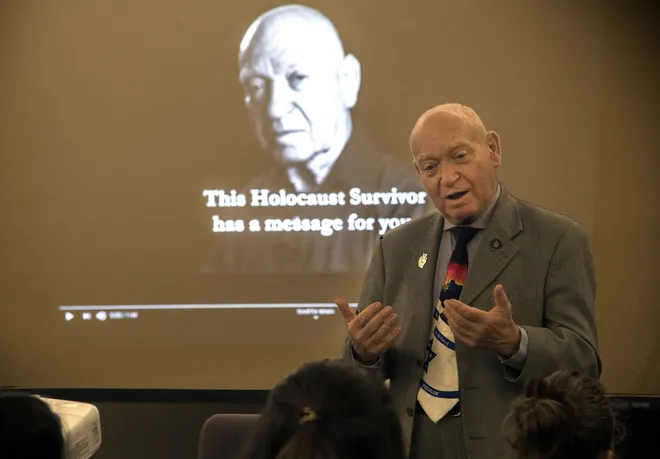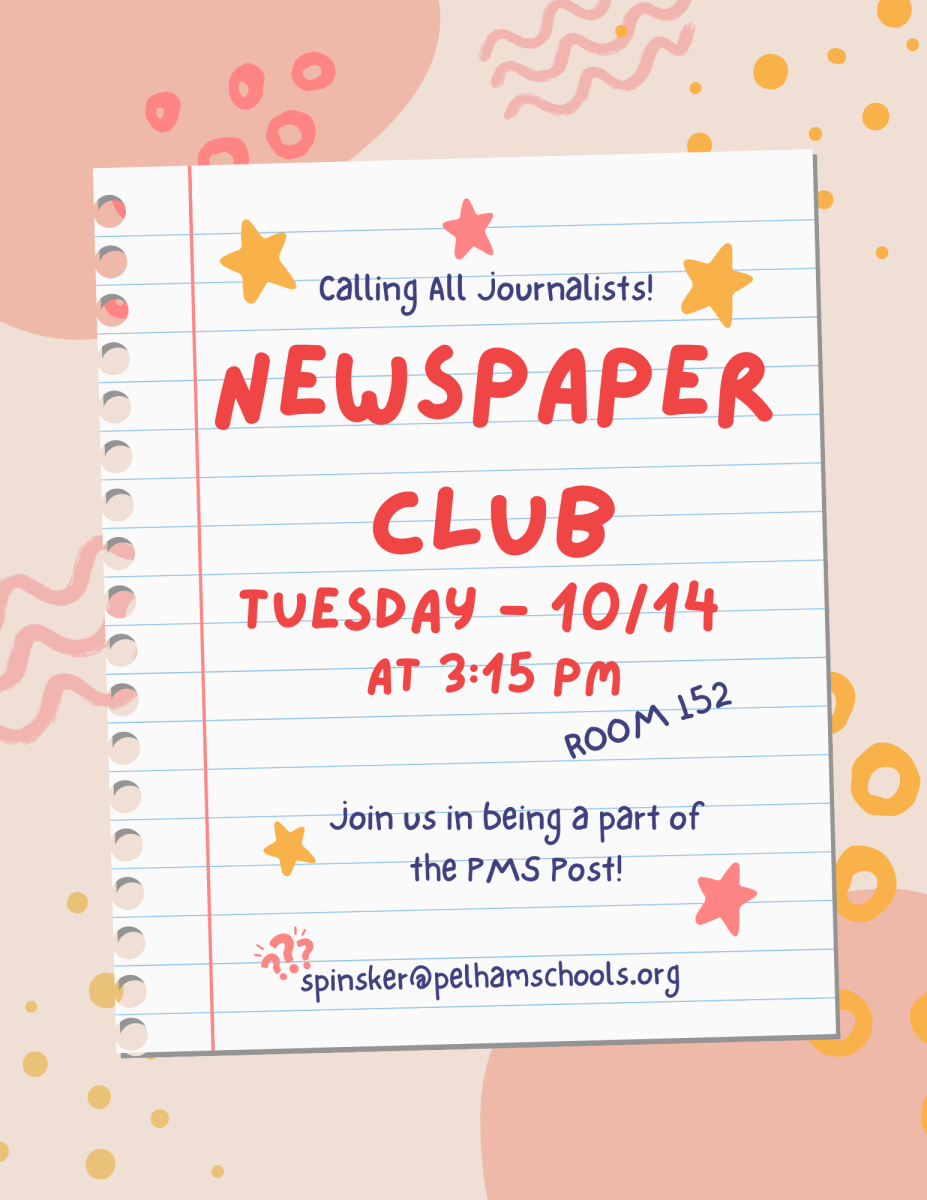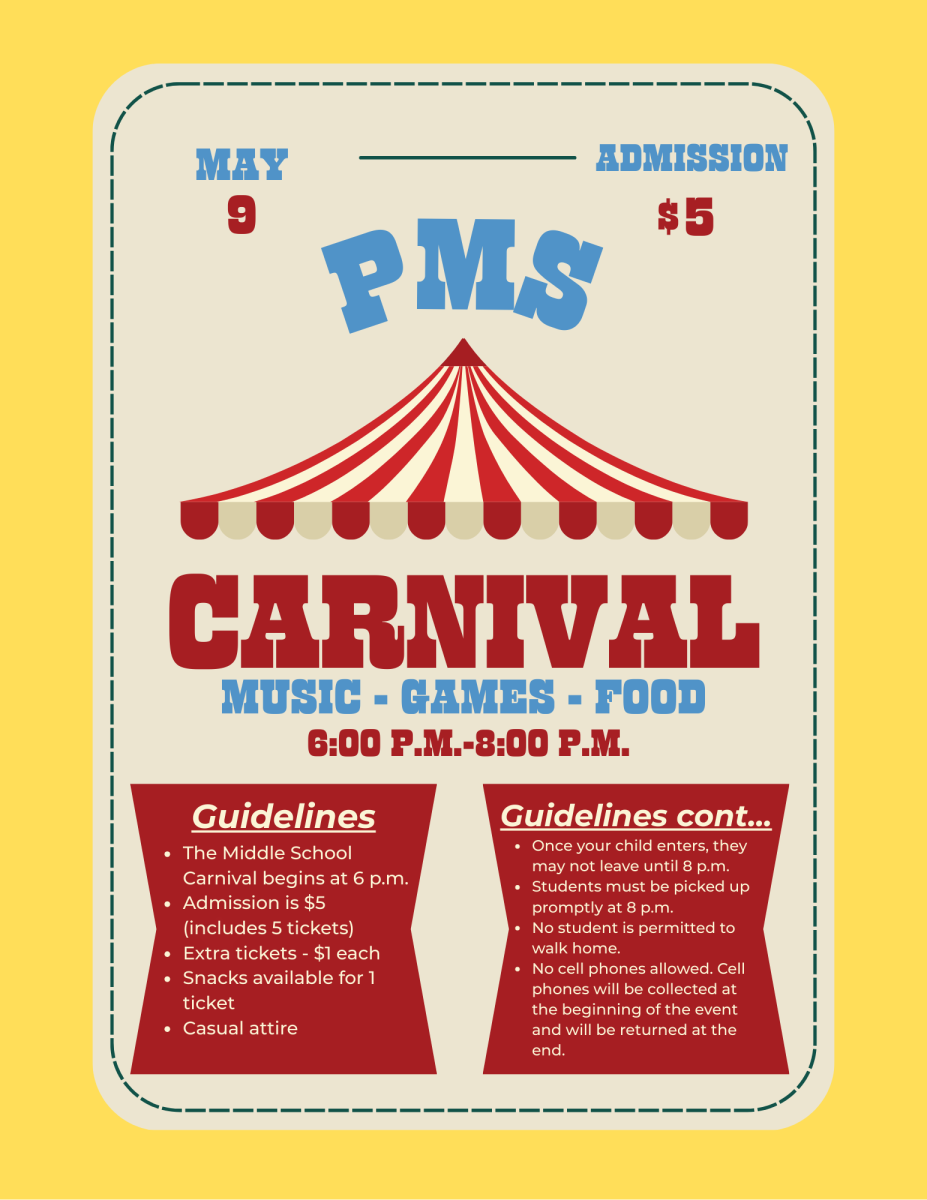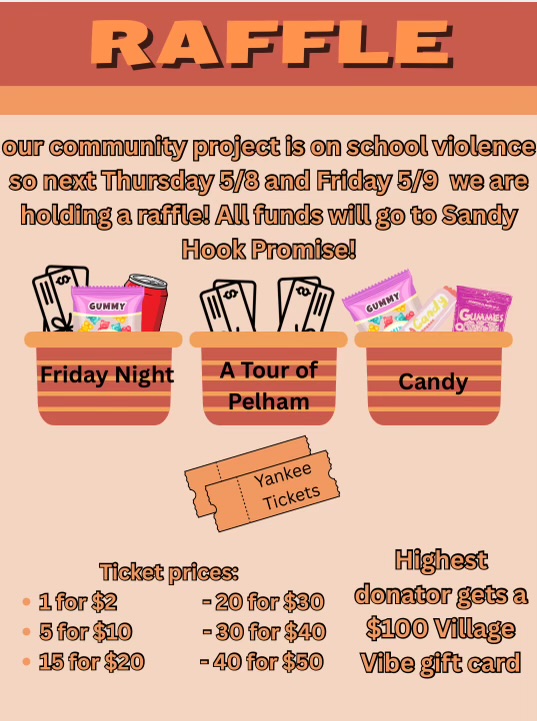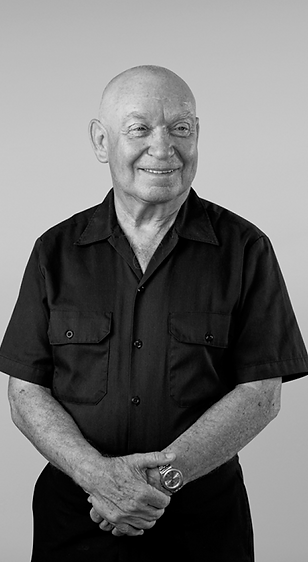
Sami Steigmann is a remarkable Holocaust survivor who continues to speak to younger generations about the horrors of the Holocaust, ones that he has personally experienced. In Czernovitz, Bukovina, a young boy was born. It was December 21st, 1939, and the boy, Sami, was breathing his first breaths in a territory owned by Romania, the Austro-Hungarian Empire. Later, it joined the Soviet Union and became the country people know as Ukraine today. During the years of 1941 to 1944, Sami and his parents were deported to an area called Transnistria, where the concentration camp was. Since Sami was still young, he couldn’t do any heavy labor and was sent for medical experimentation. While Sami has no recollection of this experimentation, the results from the testing are still a large part of Sami’s life.
After the experimentation was over, Sami was delivered to be with the other Jewish prisoners. Starvation, disease, and the bitter cold ate away at Sami’s strength. At one point, Sami’s father was desperate enough to trade his winter coat for a loaf of bread. For a brief moment, Sami was losing hope and was dying. Now, he deeply expresses his gratitude in his speeches and discussions for the German women who saved his life. This woman, a farmer, brought food to the Ukrainian guards and the SS and lived close to the camp. She risked her life by giving milk to Sami. This sacrifice gave Sami his survival and thus led him to move back with his family to Romania. The woman’s name, Yad Va’Shem, is honored today. From then on, he started a path of self-discovery, joined the Israeli military, and married.
Sami visited Pelham Middle School with a strong friendship with Mr. Chimento. He made a great combination of lighthearted discussions with serious topics and his speech showed his value for the people who had shown kindness and mercy to him. Even though he lives simply and doesn’t have many possessions, Sami welcomes each new day as an opportunity to learn and grow. He taught a mindset that is very rare in today’s time because of his past experiences. He enjoys the change that a day can bring and uses the time in his life that was nearly taken away by the concentration camp, to experience the feeling of joy. As a kind man, he forgives people like him, who were given a choiceless choice, and who had done terrible things that wasn’t their option to select. However, he warns that he doesn’t forgive the people who started all the hate he had to endure, the individuals who made choices without any influence from others. This statement is important because there is still a limit of mercy that someone should deserve.




